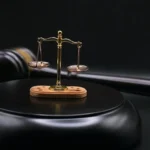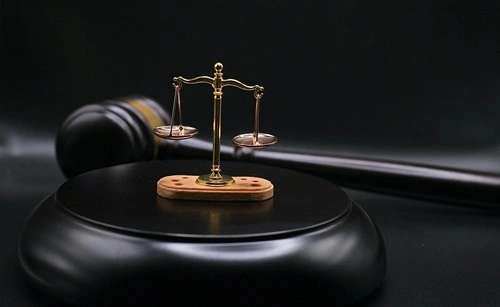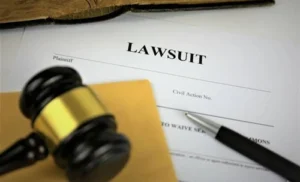In law enforcement, legal actions involving officers can significantly impact public trust and departmental integrity. One such case is Smith v. Ziegler, which sheds light on allegations of excessive force within correctional facilities.
Case Overview: Smith v. Ziegler
In Smith v. Ziegler, plaintiff Mark Smith, an inmate at Menard Correctional Center in Illinois, filed a lawsuit under 42 U.S.C. § 1983 against Lieutenant Ryan Ziegler and other correctional officers. Smith alleged that on April 23, 2017, while awaiting medical attention, he was subjected to a physical assault by the defendants. The claims included excessive use of force, deliberate indifference to medical needs, and violations of state law.
Legal Allegations
Smith’s lawsuit encompassed several key allegations:
- Excessive Force: Smith claimed that Lieutenant Ziegler and other officers physically assaulted him without provocation, violating his Eighth Amendment rights.
- Deliberate Indifference: The plaintiff alleged that the officers were deliberately indifferent to his medical needs following the assault, further infringing upon his constitutional rights.
- State Law Violations: Smith also brought forth claims under Illinois state law, including assault, battery, and intentional infliction of emotional distress.
Court Proceedings and Outcomes
Upon preliminary review, the U.S. District Court for the Southern District of Illinois allowed Smith to proceed with his claims against Lieutenant Ziegler and the other defendants. The court recognized the potential merit in the allegations of excessive force and deliberate indifference, permitting the case to move forward to the discovery phase.
Implications for Law Enforcement
This case underscores the critical importance of upholding constitutional rights within correctional facilities. Allegations of excessive force and deliberate indifference can lead to significant legal consequences for the officers involved and the institutions they represent. It highlights the necessity for comprehensive training and strict adherence to protocols designed to protect inmate rights and ensure accountability.
Frequently Asked Questions (FAQs)
1. What is the significance of the Smith v. Ziegler case?
The case highlights serious allegations of excessive force and deliberate indifference within a correctional setting, emphasizing the need for accountability and adherence to constitutional protections.
2. What legal standards apply to claims of excessive force in correctional facilities?
Claims of excessive force by correctional officers are evaluated under the Eighth Amendment, which prohibits cruel and unusual punishment. The key consideration is whether the force applied was in a good-faith effort to maintain discipline or maliciously intended to cause harm.
3. What does deliberate indifference mean in the context of inmate medical care?
Deliberate indifference refers to a situation where prison officials are aware of an inmate’s serious medical needs but consciously disregard them, resulting in potential harm to the inmate.
4. What are the potential consequences for officers found liable in such cases?
Officers found liable for excessive force or deliberate indifference may face disciplinary actions, termination, and personal liability for damages. Additionally, the correctional institution may implement policy changes and training programs to prevent future occurrences.
5. How can correctional facilities prevent incidents of excessive force?
Facilities can implement comprehensive training programs focusing on de-escalation techniques, establish clear use-of-force policies, conduct regular audits, and foster a culture of accountability to minimize the risk of excessive force incidents.
Conclusion
The Smith v. Ziegler case serves as a critical reminder of the constitutional obligations of correctional officers and the importance of safeguarding inmate rights. It underscores the need for ongoing training, clear policies, and a commitment to accountability within correctional institutions to prevent abuses of power and uphold the principles of justice.














